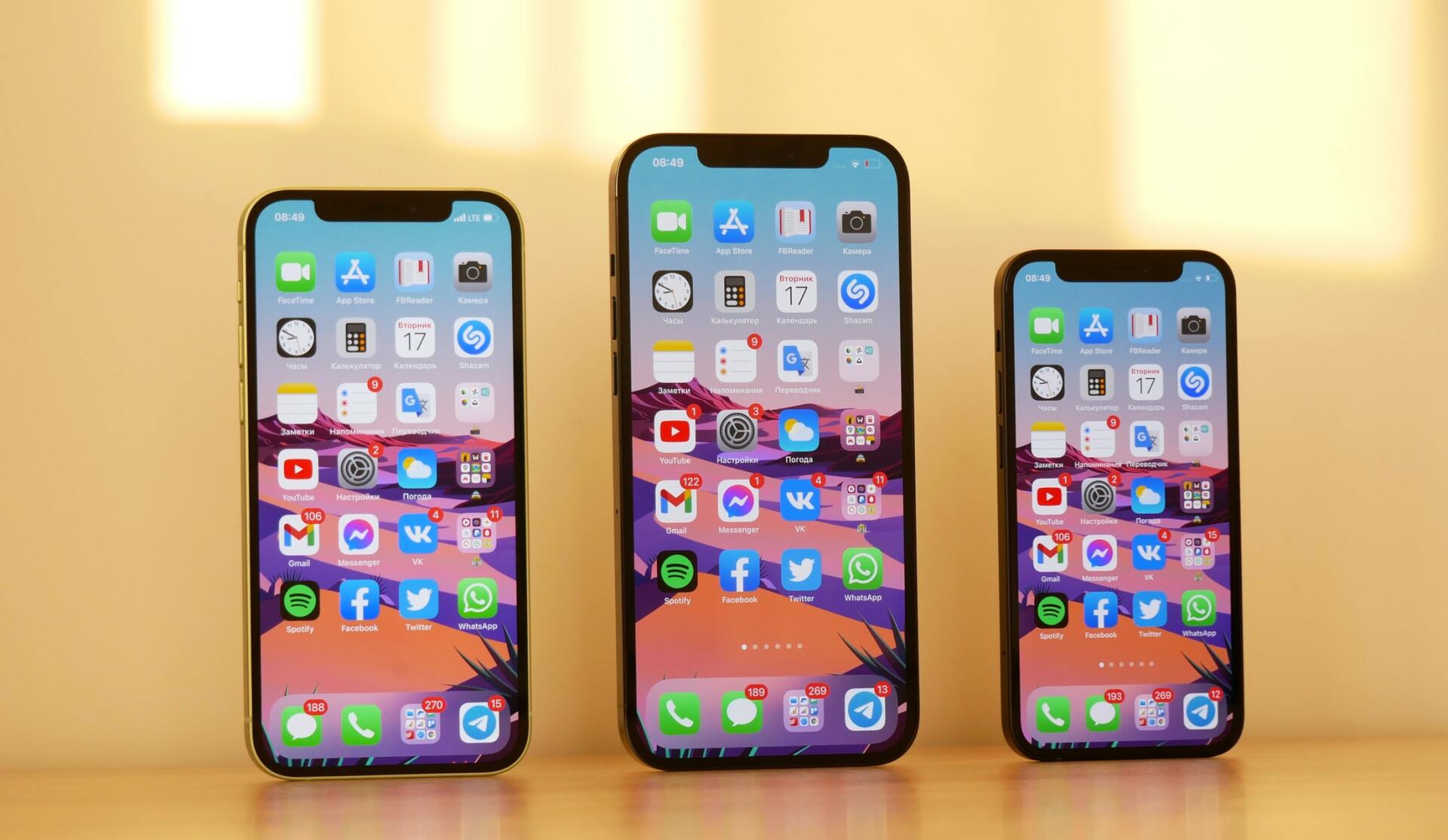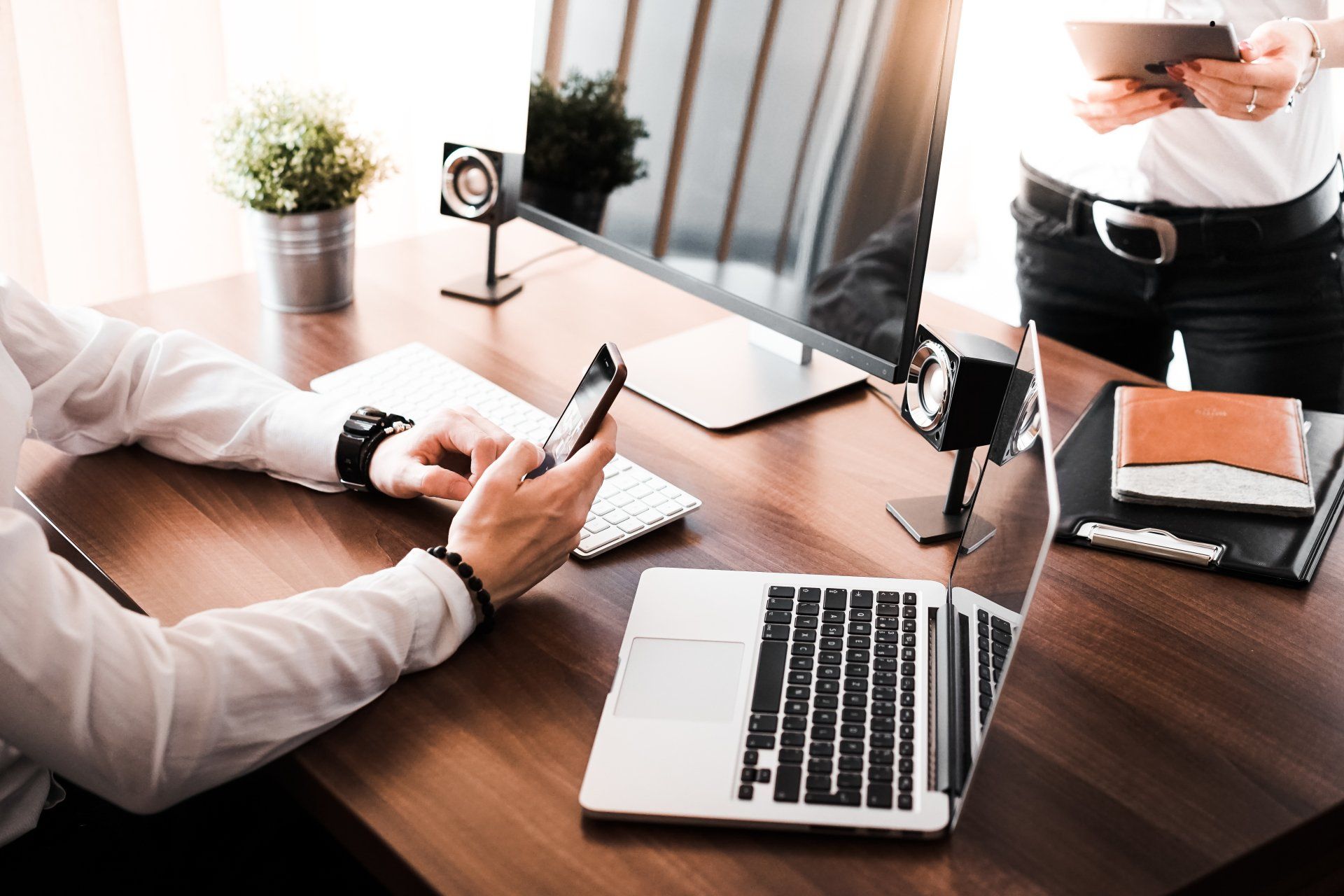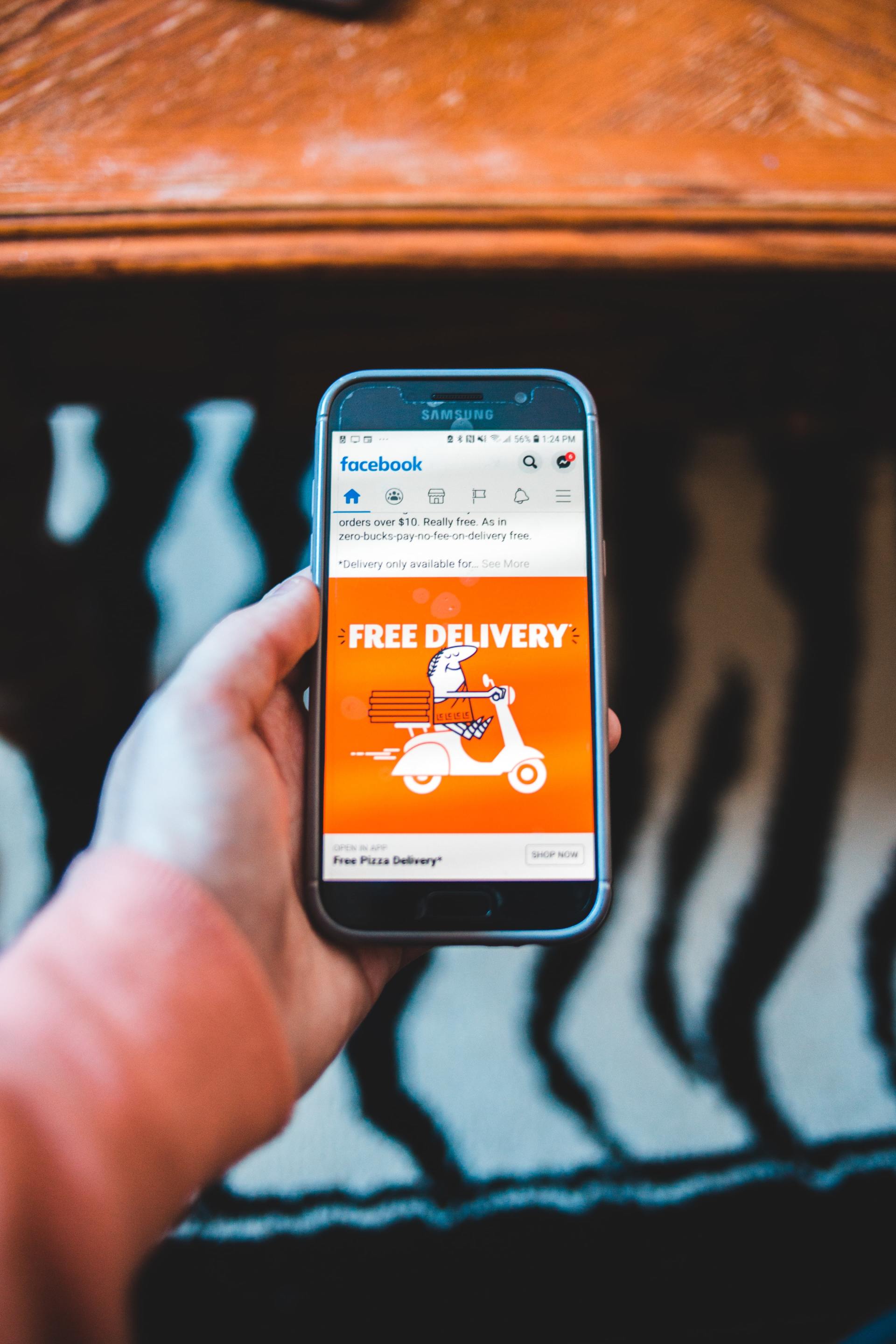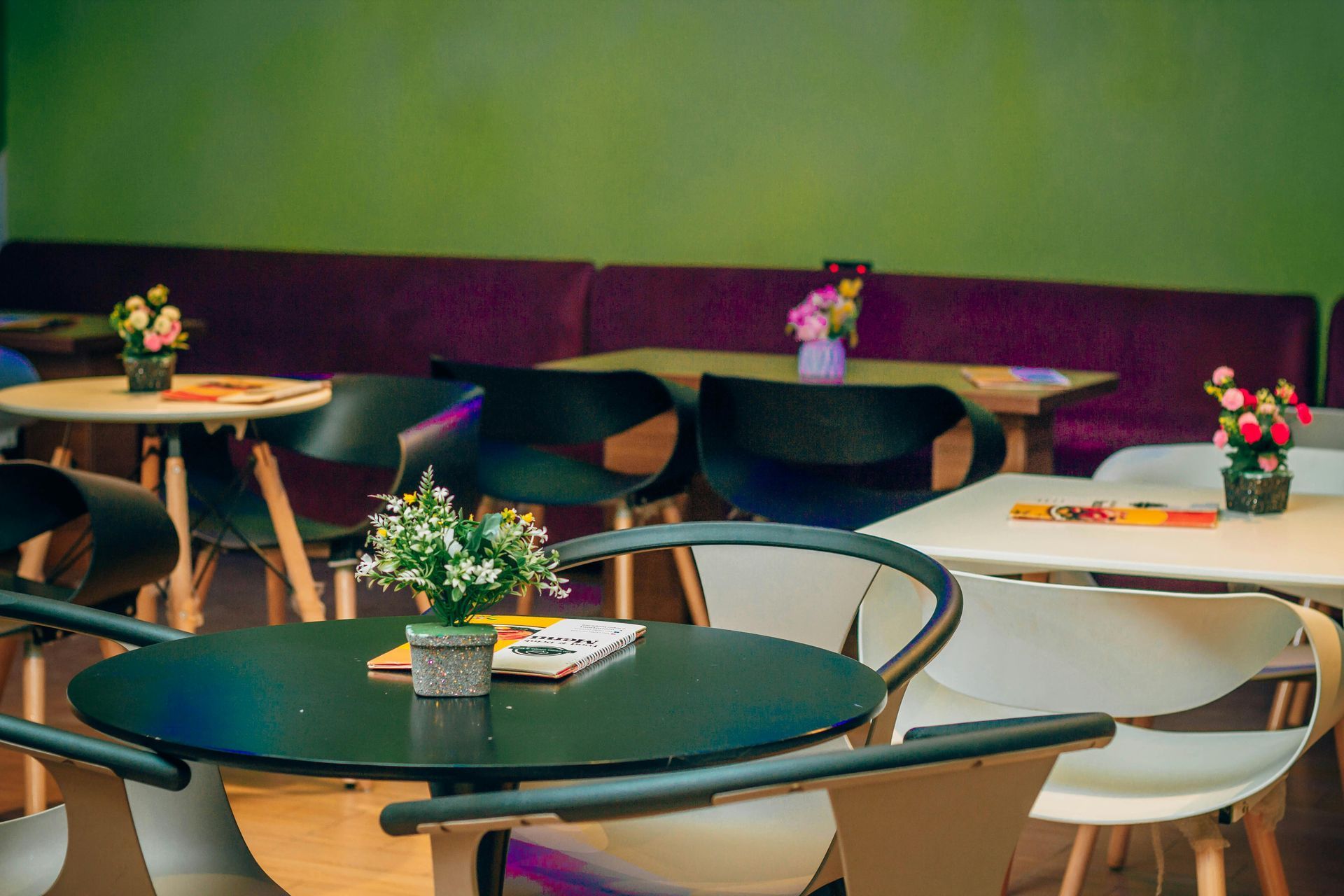Why businesses have had to change after the pandemic

Why businesses have had to change after the pandemic - Last week, I wrote about how the current climate has forced all businesses, no matter how small or big, to prioritise their digital systems and offer the customer easy access to online goods and services through AI website and mobile app platforms. Today, I would like to take this even further and suggest that we have now reached a point of no return, with the world in recovery mode, customer behaviours have changed forever.
There is no Going Back For Customers.
Customers, are rapidly growing accustomed to engaging in digital technologies. They now appear to be happy to shop from the comfort of their own homes, and look set to continue to develop and embrace this habit even further.
All generations who previously shunned shopping online now have had to become more familiar with their devices in tracking down supermarket slots, figuring out online banking and ordering their beloved gardening resources. This way of interacting online now shows no signs of slowing down and businesses across all industries will need to revisit every aspect of their digital presence in order to ensure that they are providing a highly effective user experience for there customer.
Healthy Digital Trends are here.
Higher demand now for digital interaction is emerging not only in the product sector, but also in services where digital interaction is becoming more and more commonplace.
Telehealth, for example. They have seen an explosion in its use as people seek health-related services such as therapy, patient care, advice and interventions via electronic information and telecommunication technologies rather than face-to-face due to the pandemic.
Businesses such as Peloton have seen an unprecedented growth in demand with its interactive at-home workout bikes and its streaming service is growing even more popular as gyms across the globe had to close. Selling nearly 400,000 bikes back in Feb 2020, Peloton has seen an exponential rise in demand for its fitness equipment and monthly subscription services, which has now seen an increase in its rates that have now doubled its sales have grown to over 886,100.
Bring Your Own Device.
The worlds response to the pandemic saw many employees now have to begin working from home in March 2020. Having the freedom to utilise their own technology, with no work restrictions or boundaries brought a whole new meaning to "Bring Your Own Device."
Even when workers had a business laptop, they were able to depend more heavily on their own personal devices to access work resources. Before lockdown, 87% of businesses relied upon employees to use BOYD and these figures are only to have increased recently.
Productivity rates already increased by 34% where employees were allowed to use their own devices so we can only wonder if this rate has grown significantly higher since workers have shifted to home work stations with limitless access to their own devices to stay organised and remain on target.
App, App and Away.
At one time, apps were seen as something that much larger businesses only needed or invested in, but now we are reaching a point where nearly every business will need to provide an app.
Social distancing has forced all businesses the need to leverage the power of apps to provide contact less, user friendly experiences for ordering, loyalty schemes and booking systems.
Flexible Working.
Working from home has already grown by 159% since 2005. However, with businesses now considering if they need their large office spaces, city centre's and landscapes are due for a wholesale change. Flexible working has proven to generally improve productivity, decrease stress levels and improve overall well being and all of this will be increased post Corona now we have had a taste of it, enforced upon us.
Businesses are now having to reinvent how they use their space as remote working becomes the new way of life.
Property in both commercial and residential will now evolve as people and companies crave more creative use of office space both in the home and at the work headquarters. And let's not forget, the other benefits, that includes, less pollution, reduced costs and spending more time with family & friends.
So What Does All This Mean?
The global pandemic has accelerated us roughly five years into the future in terms of how customers make business decisions and purchases.
We were already starting to see signs that online retail and mobile apps were the future. This has now, all in the space of three months arrived. There will be short term winners and losers in all of this, but when the dust settles and people and businesses adapt, to the new world, I can see the upsides far outweighing any negatives. People will be happier, the world will be less polluted, businesses will be more efficient and technology will be leading the way.
Do you need help with planning your next strategy for your business?
If you’re not getting the results you expect from your online marketing or would just like a chat about how to increase your traffic online give us a call on 01709 285465 or contact us today.








